White roofs, also known as “cool roofs,” have gained popularity for their ability to reflect sunlight, reducing cooling costs during the summer months. However, if you live in a place with cold winters, like New Jersey, you might wonder if having a white roof could cause higher heating bills in winter. This article breaks down the pros and cons of white roofs and how they impact energy expenses year-round.
How Do White Roofs Work?
White roofs are designed to reflect solar heat rather than absorb it. By keeping the roof’s surface cooler, these roofs can reduce indoor temperatures, helping lower the need for air conditioning. In warm climates, the cooling effect of white roofs is particularly valuable, and studies have shown that they can reduce cooling costs by up to 20%.
White Roofs and Winter Heating Costs
While white roofs are beneficial in summer, they may impact heating efficiency in winter. Since they reflect sunlight, less solar warmth enters the building. However, the difference in heating costs during winter is generally small. Here’s why:
- Winter Sunlight is Limited in NJ: With shorter days and a lower sun angle, winter sunlight is minimal, so the heat loss from a reflective roof is less noticeable.
- Insulation Matters: The quality of your building’s insulation plays a much bigger role in heat retention than roof color. Good insulation can reduce any impact from having a white roof in winter.
- Heat Loss Through the Roof is Limited: Most heat loss in a well-insulated building is through windows, walls, and doors, rather than through the roof.
When to Consider a White Roof in NJ
White roofs are generally most beneficial for commercial buildings and homes with flat or low-sloped roofs that are exposed to long hours of direct sunlight. For New Jersey residents, the cooling cost savings in summer often outweigh any potential increase in winter heating costs.
The Environmental Benefits of White Roofs
Beyond energy savings, white roofs contribute to environmental sustainability by reducing the urban heat island effect. Cities with many dark roofs tend to be warmer, which can increase energy use and contribute to greenhouse gas emissions. Installing a white roof helps reduce heat absorption in urban areas, making it an eco-friendly choice.
Choosing the Right Roofing Solution for Your Needs
If you’re unsure whether a white roof is right for you, consider your specific needs:
- Summer Cooling Needs: If you spend more on summer cooling than winter heating, a white roof could be a smart choice.
- Roof Type and Slope: Low-sloped or flat roofs are ideal candidates for white roofing materials.
- Insulation Quality: Make sure your roof is well-insulated to minimize winter heat loss.
Mega Pro Roofing: Experts in Cool Roofing Solutions
Mega Pro Roofing offers a variety of roofing materials, including cool roofing options that suit New Jersey’s climate. We can help you determine if a white roof is the best fit for your home or business, ensuring you enjoy both comfort and energy savings.
Contact Us!
Conclusion
While a white roof might slightly increase winter heating costs, its benefits in terms of summer cooling and environmental impact often make it a worthwhile investment. Contact Mega Pro Roofing for a consultation, and let us help you find the most energy-efficient roofing solution for your property.


